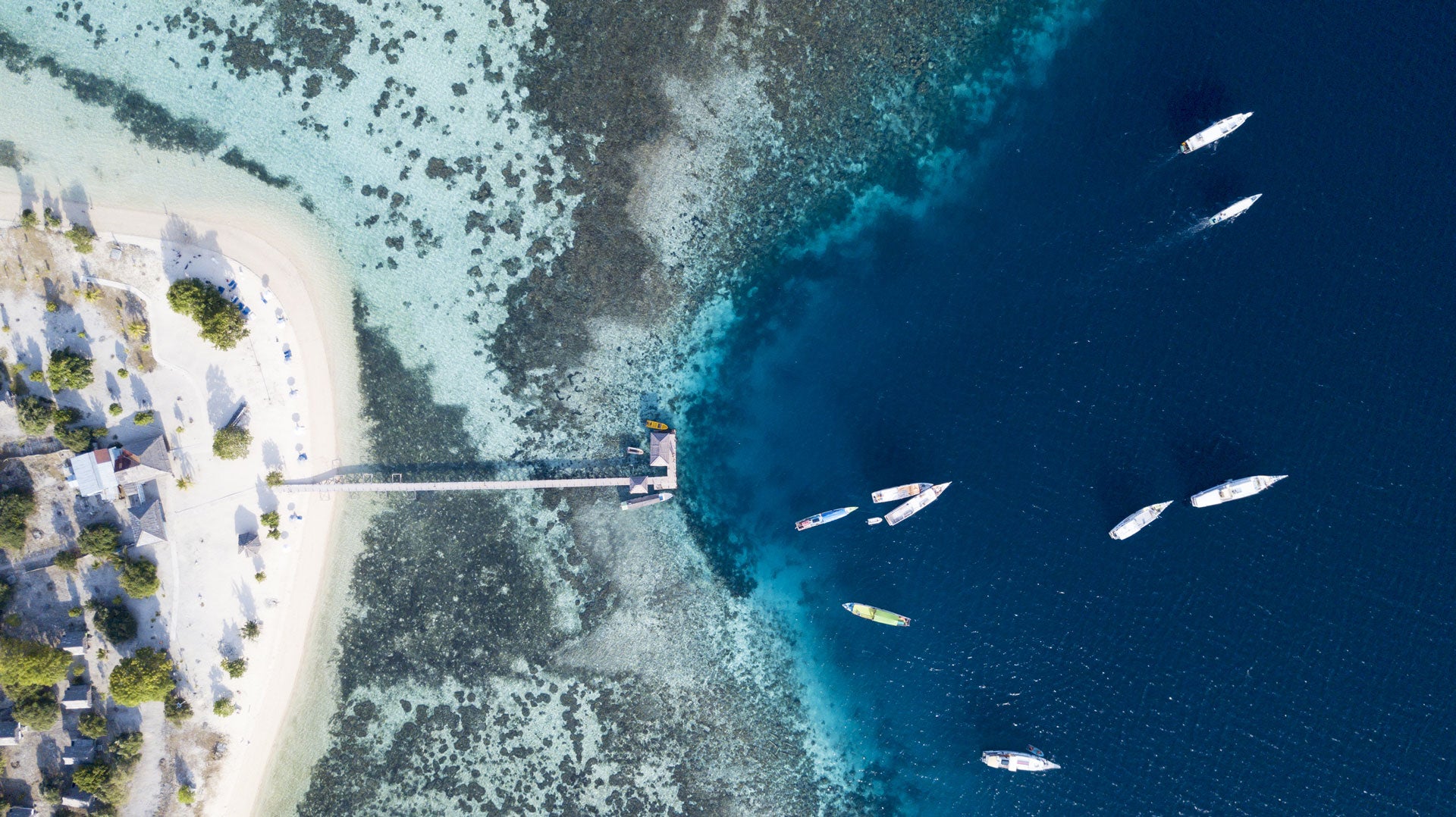
Indonesia has become the latest casualty of US President Donald Trump’s trade war with the publication of its third-quarter gross domestic product (GDP). Indonesia GDP growth has slowed due to a reduction in exports, and the trade war is believed to be to blame.
While growth in Indonesia GDP in the second quarter, from April to June, was the fastest since late 2013, at 5.27%, this has slowed to 5.17% in the latest quarter, covering July to September.

Access deeper industry intelligence
Experience unmatched clarity with a single platform that combines unique data, AI, and human expertise.
This slowdown has been attributed to a significant decline in exports, which are dragging down an otherwise healthy economy. Information and communication grew by almost 9%, for example.
However, the global – and regional – uncertainty caused by Trump’s trade war with China is being felt by the country, and this is not expected to abate any time soon.
“Looking ahead, there is little prospect of a sustained upturn,” Alex Holmes, emerging Asia economist at Capital Economics, told the Financial Times.
“A key drag on growth over the next year is likely to be the export sector. Our forecast is for global growth to slow gradually over the coming quarters, which would weigh on demand for the country’s exports. Export revenues are also set to be held back by lower commodity prices.”

US Tariffs are shifting - will you react or anticipate?
Don’t let policy changes catch you off guard. Stay proactive with real-time data and expert analysis.
By GlobalDataThe impact of Trump’s trade war on Indonesia GDP
Indonesia has been concerned about the potential impact of the US-China trade war for some time.
In July, the Indonesian government unveiled a series of plans to mitigate its effects, including the development of raw material industries to reduce import needs and the strengthening of local industry.
This included incentive packages designed to lure manufacturing away from the highly developed West Java region and into the less developed province of Central Java. Here both labour and land are cheaper, making it possible to produce goods for export at a lower cost.
The government has also been investing heavily in tourism, but this has not been enough to fend off the trade war’s impact entirely.
“Everyone sees that the problem is the uncertainty itself from the policy side. What we can do now is to mitigate, to minimise risks faced by industries,” said Finance Minister Sri Mulyani Indrawati said when the policy was unveiled.
The wider impacts of the trade war
Notably, Indonesia is not one of the countries that is expected to be impacted the most by the trade war as it is not as tightly integrated into the global supply chain as some other nations in the region.
However, the fact that Indonesia GDP is being impacted by the trade war demonstrates that predictions about its impact are being proved to be correct.
In July the International Monetary Fund (IMF) warned of the knock-on impacts.
“Our modelling suggests that if current trade policy threats are realized and business confidence falls as a result, global output would be about point five percent below current projections by 2020,” said Research Department Director Maury Obstfeld.
Prior to that, Nigel Green, founder and CEO of deVere Group warned of a “chain reaction of negative events round the world” as a result of the escalating trade war with China.







